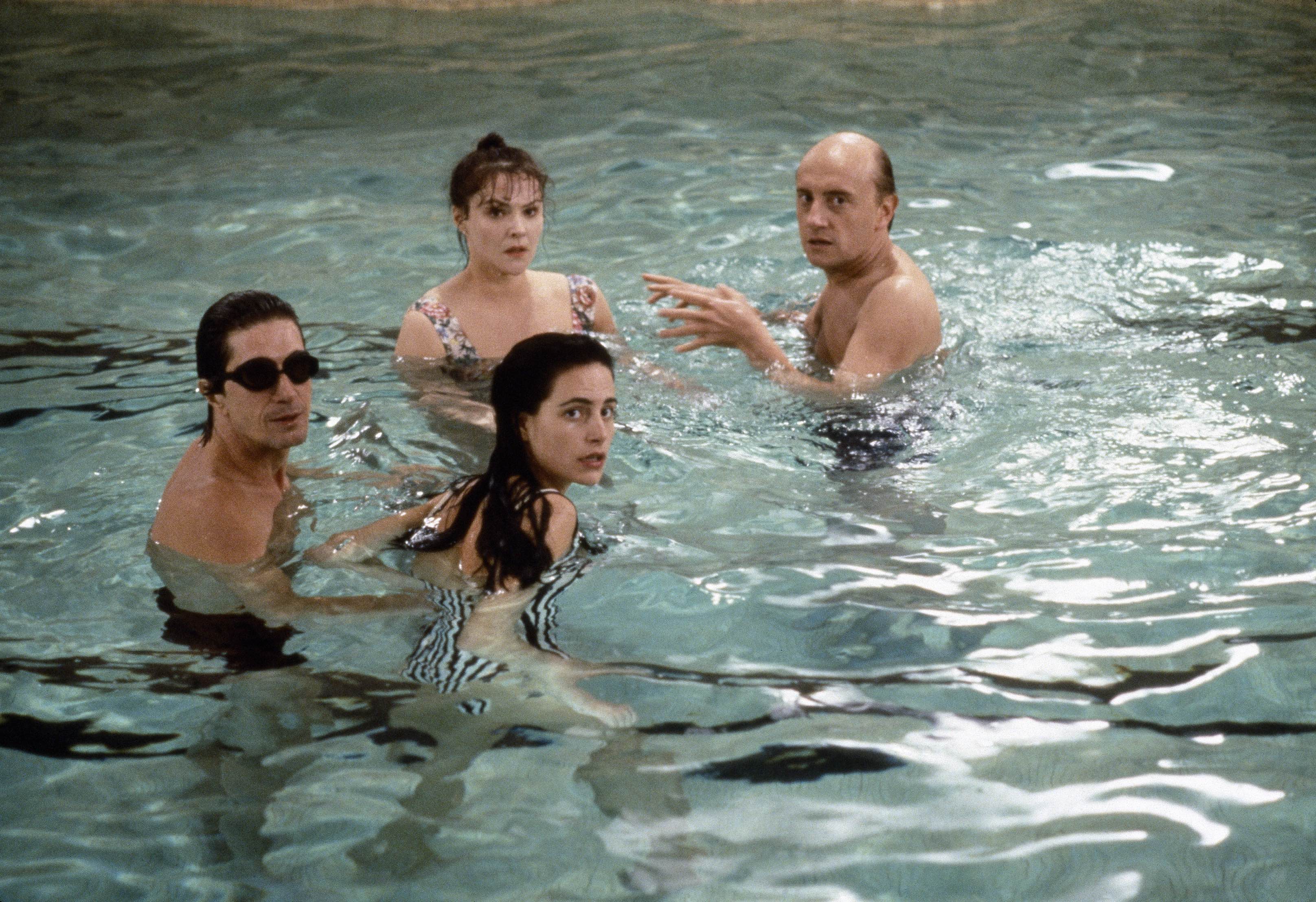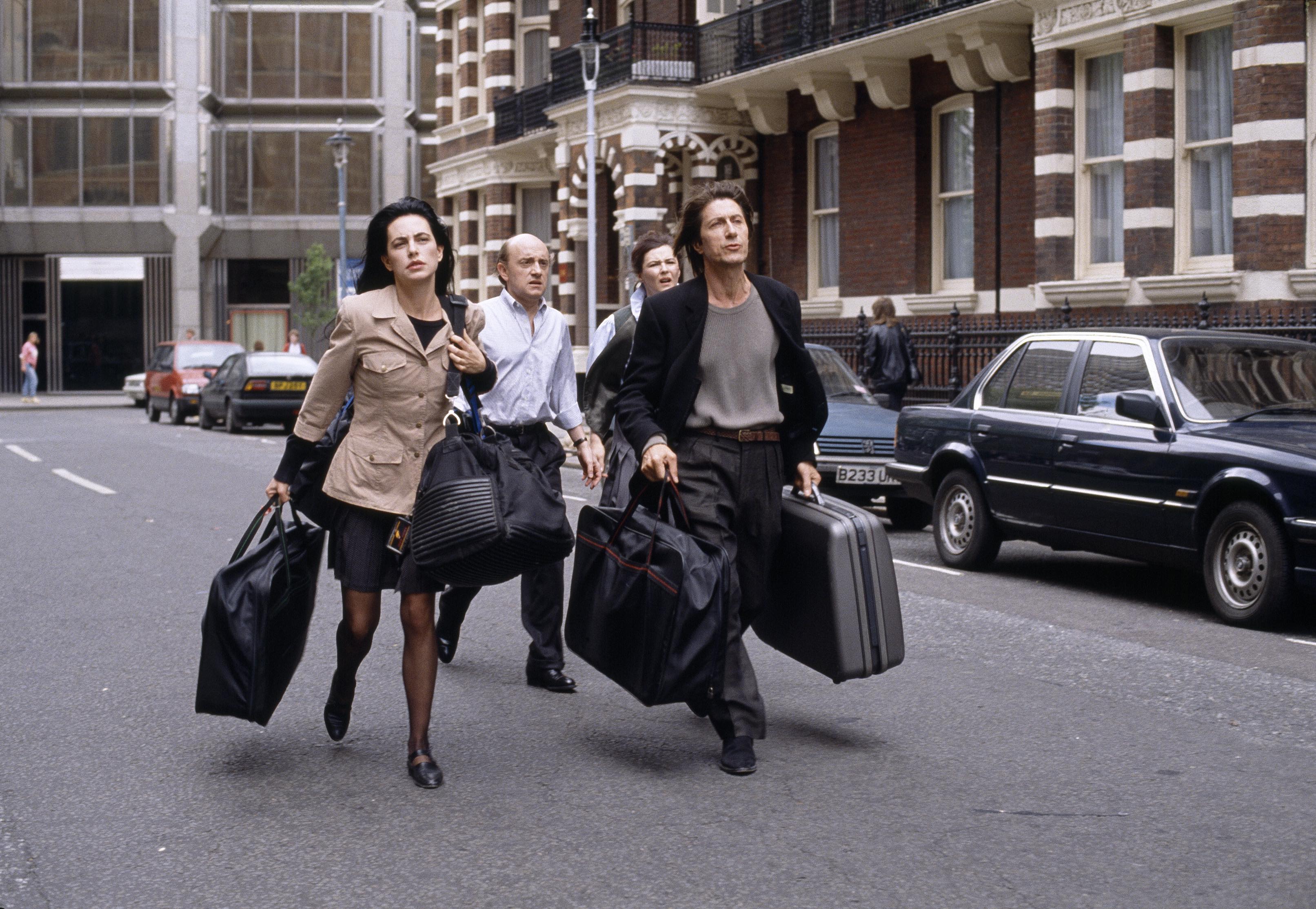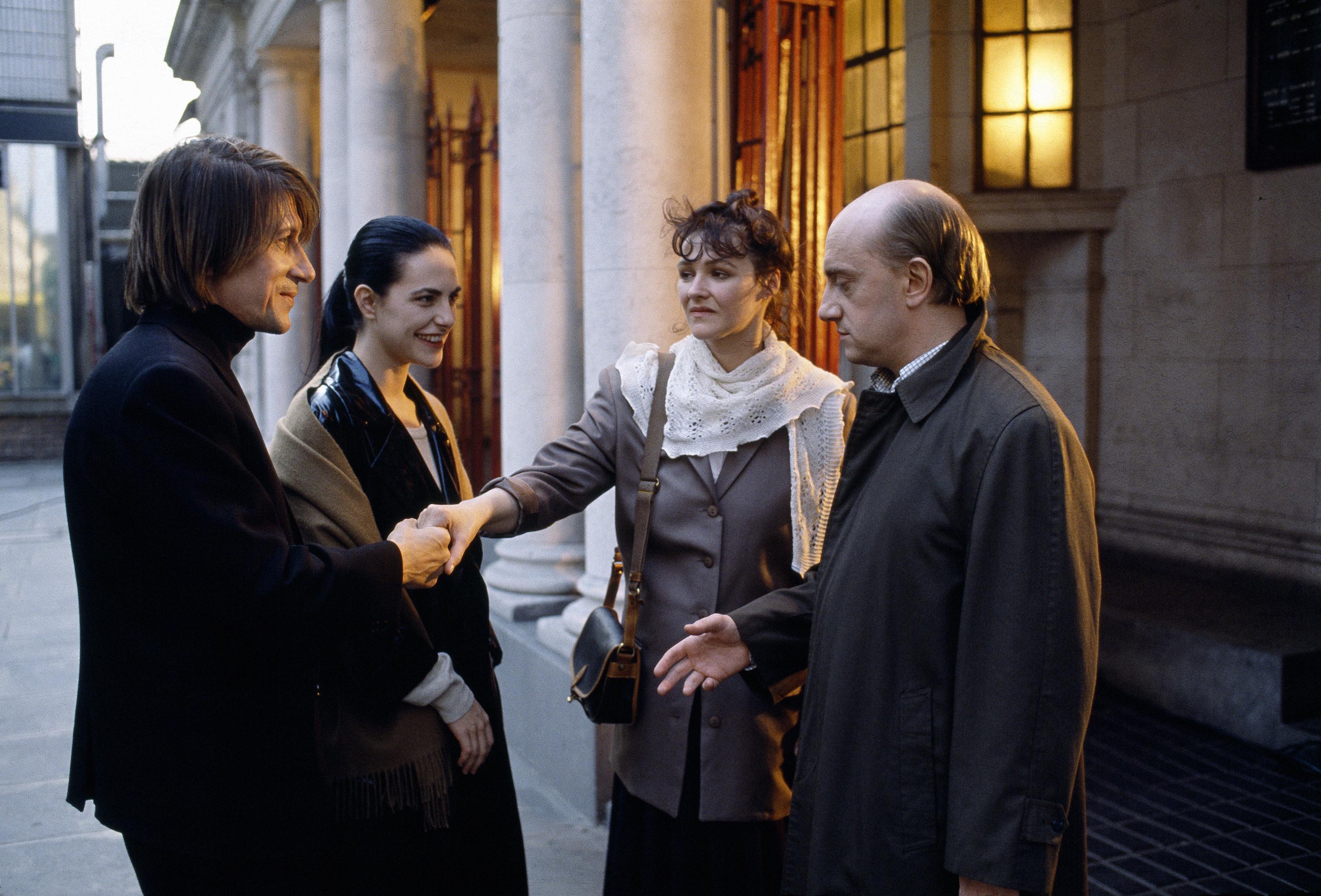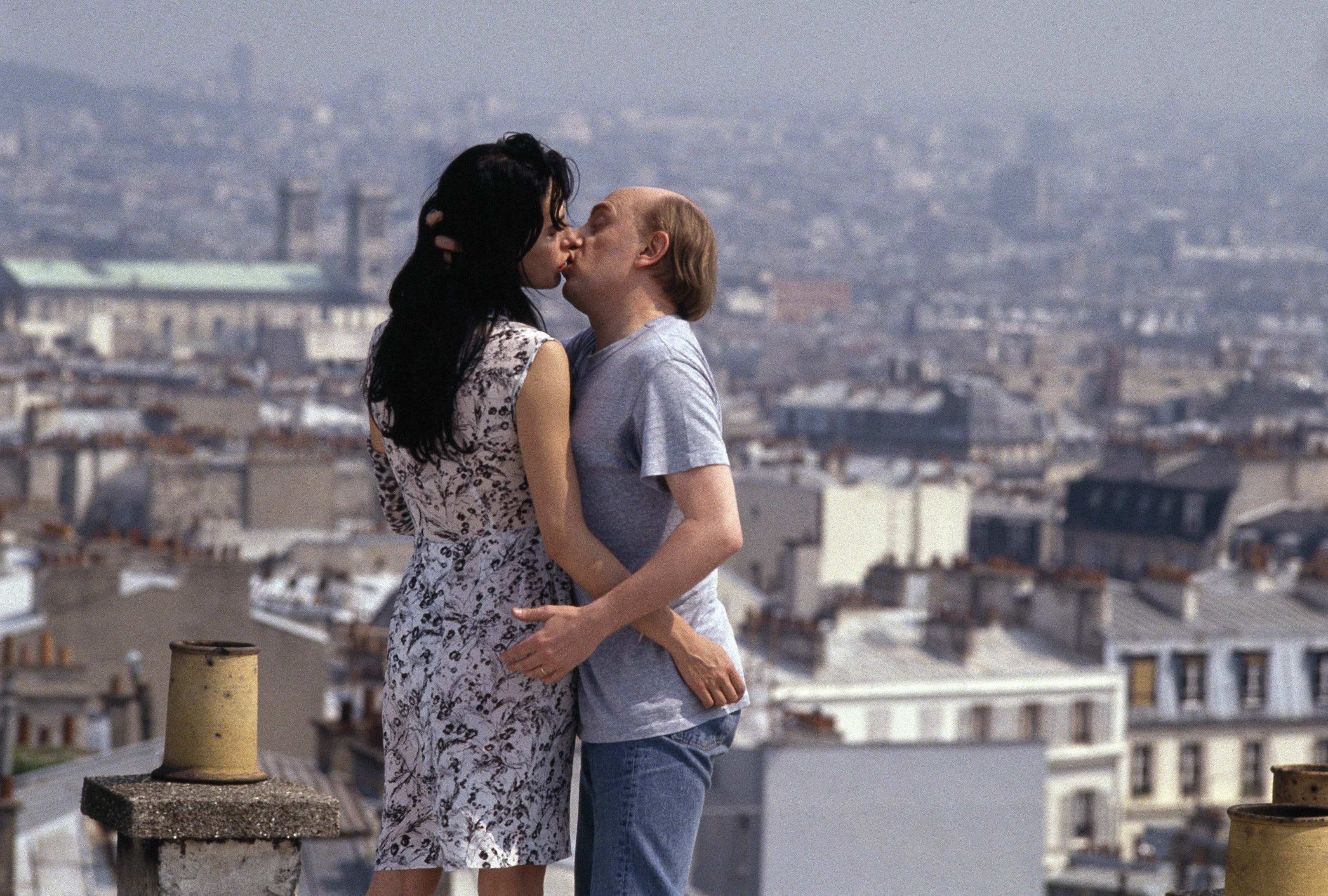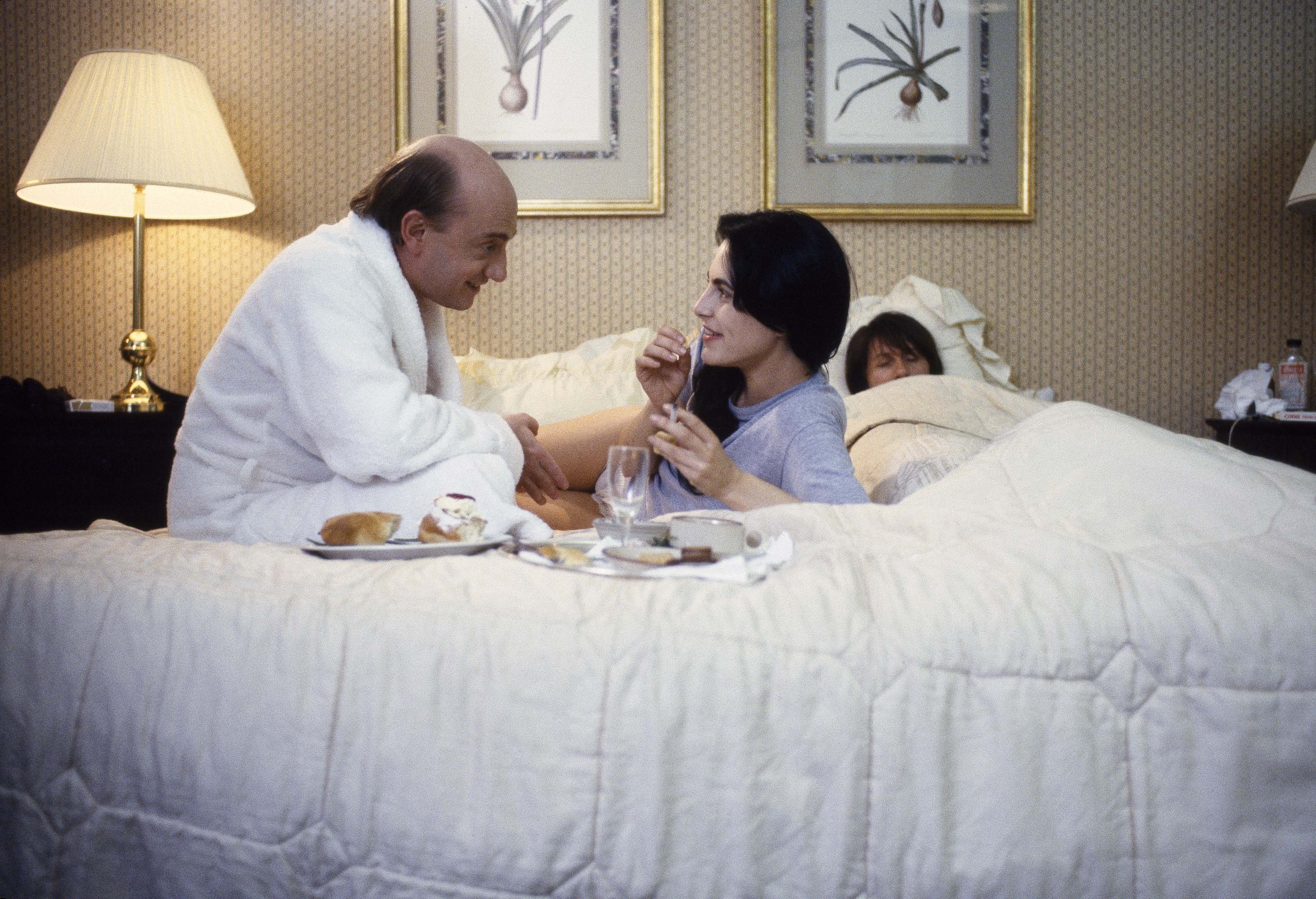REVUE DE PRESSE
Note d'intention de Jacky Cukier concernant CHAMBRE A PART-645
"I don’t claim to possess the truth. I try to follow my instinct. The narrative and the actors are the […]
Note d'intention de Jacky Cukier concernant CHAMBRE A PART-645
"I don't claim to possess the truth. I try to follow my instinct. The narrative and the actors are the elements that interest me the most in the cinema. The form comes later. While I was writing the screenplay with my friend Serge Frydman, we often talked about our admiration for Fitzgerald, his description of unhappy couples and his unsettling characters. We find equal pleasure in the derision and humour of Isaac Bashevis Singer, Saul Bellow or Philip Roth, and the same wonder for the golden age of poetic realism as embodied by Jeanson and Prévert. Personally, I devour biographies and any other stories with a "real life" side to them. All these influences are present in Chambre à part, yet at the same time I wanted to move away from them to get closer to what resembles me. I find aspects of myself in each of the male and female characters in the film. I understand their reactions because I seem to have experienced them or imagined them myself. I always thought of the film's fifth character as I was working: the audience. I'd like to play with the audience. Chambre à part isn't just the story of a foursome. Each character creates a mass of emotions. I feel special tenderness for the female characters. Martin and Francis also have a feminine sensitivity. The audience has a quadruple identification with the characters. In the year spent writing the film, Serge Frydman and I were fired by intense love for our "heroes", both the "good" ones and the "bad" ones. I think that this is a film on insincerity. Like you and me, Martin, Gert, Francis and Marie often say the exact opposite of what they think or are forced to act against their will."
"I didn't approach Chambre à part in terms of genre: comedy or tragedy. I've tried to use comedy to make the audience laugh and so lead it more easily to sense other feelings and emotions. Humour helps people to accept the seriousness of the situations. Daily life and scenes around the kitchen sink don't interest me in the cinema, yet at the same time, I am very attuned to personal stories and people's experiences, to banality in a way, by trying to avoid the pitfalls of caricature or farce… I'm eager to see how the audiences will react."
Martin
"I don't go into his past, we discover it through his narration. He doesn't understand what's happening to him and he helps us to share his confusion. In everyday life, certain banal situations often cause us to commit extreme acts. For example, marrying someone without knowing who the other person really is."
Gert
"The character of Gert is based on derision. I'm touched by people who want to do good and end up hurting others. Slightly ridiculous people who make you laugh when their lives are almost tragic. I didn't want to explain Gert's reactions. She is English and so a foreigner. Audiences have very few references. They discover her and accept her as she is without her past coming into play. When Gert has her fit of hysterics in the pool, her motions overwhelm us because she is exposing herself completely."
Francis
"He's really the kind of guy whom you'd like to meet just once in a lifetime. A slightly mythical figure who makes us dream with his incredible lifestyle. Francis is very human, capable of both extreme malice and enormous tenderness."
Marie
"Marie, like the heroines of Fitzgerald's novels, is a woman of both rare intelligence and total madness. You can't judge her. We love her for what she is, for her intensely honest "nature", even in her most ferocious comments. Marie is physically attracted to Francis and that's what keeps them together. The important thing was to avoid causing any feelings of antipathy for these four characters. I don't wish to adopt a moral attitude in relation to them. I love them all for what they are."
"Michel Blanc was an immediate and obvious choice. I wanted to show him, tender and lost. And I like the timbre of his voice so much. He is one of the greatest actors of his generation. Even if Martin/Blanc is a comical figure, I wanted the audience to adopt him and find him handsome.
Frances Barber is the surprise character in the film. She amazed me as Gert. This was the only character that I had to hold auditions and tests for but none of the actresses was really what I was looking for. They all approached the part too seriously. I needed humour. By chance, I saw Stephen Frears' Sammy and Rosie Get Laid and discovered Frances in that. Instinctively, I knew that she was Gert.
Frances Barber, a member of the Royal Shakespeare Company, is a tragic actress but I find her to be someone who has an extraordinary talent for comedy. It takes very little to move from tragedy to laughter but we above all had to avoid showing a caricature of a typical English woman.
Dutronc is a true personality. An actor who chooses to work so little is a good thing. All too often, actors are prisoners of the character that they played in their previous film. Dutronc's voice and rhythm come from the heart.
As for Lio's character (Marie), she had to adapt equally well to Dutronc/Francis as to Blanc/Martin. I wanted a young woman who was more a "personality" than an actress. After five minutes with Lio, I knew that I had my Marie. I tried to give as much liberty as possible so she could let rip. She's going to surprise people! She's fantastic."
"I was very lucky. Michel Blanc loved the screenplay and that was a great comfort. He helped me to meet producers. I was able to choose, which is pretty rare! They supported me in my desire to make this film as I wanted to, taking the time necessary to do things properly. I work very much on a gut level with the actors.
Each morning, as in a stage production, we would rehearse. We needed time! Jean-François Lepetit and Jean-Marie Duprez wanted to start shooting very quickly. That was important. I didn't lose my energy waiting to start. They knew my past experience as an assistant but I kept telling them that I hadn't learnt anything. I'd never shot a film before, not even a short film.
I was very severe during preparation and shooting to respect the schedule and to keep within the budget. I was lucky enough to be making the film that I wanted and so that was my way of paying back the producers who had taken this risk."
"I wanted Chambre à part to be a French film, not a so-called European co-production. To be international, a film has to be regional. If you attempt to reach the whole world, that weakens your film. Pagnol is understood everywhere. I wanted to avoid the everyday sets of cafés and streets that I know far too well. I wanted spectacle. By locating the characters in London, the supporting actors and the sets could be different. Visually, it's less commonplace. My characters were slightly unbalanced in a foreign country and so more sensitive…"
"I love 'open' endings, where the story doesn't really end, leaving us with the desire to talk, dream or think…
The characters brought about the ending of this film."
Interview by GAILLAC-MORGUE




